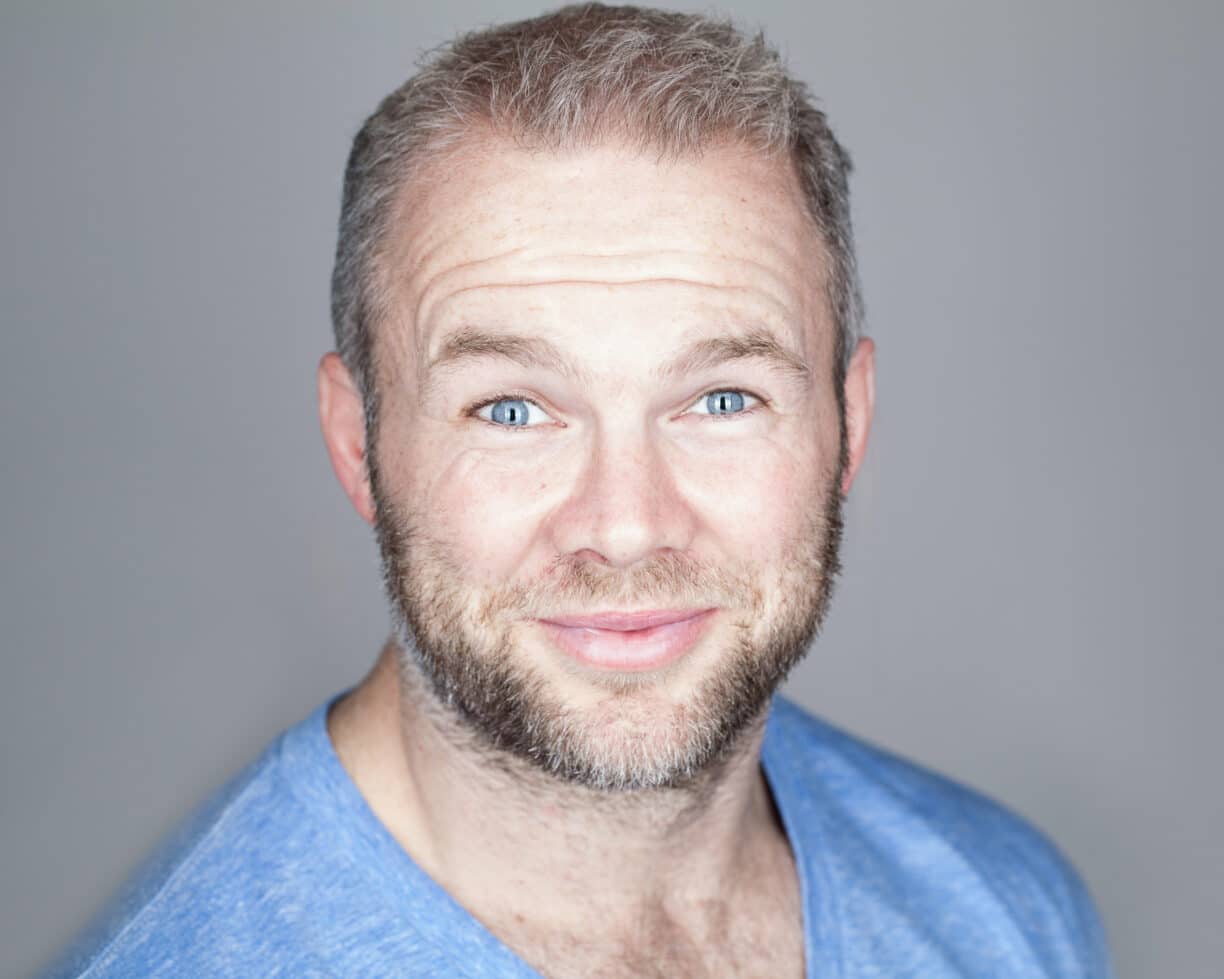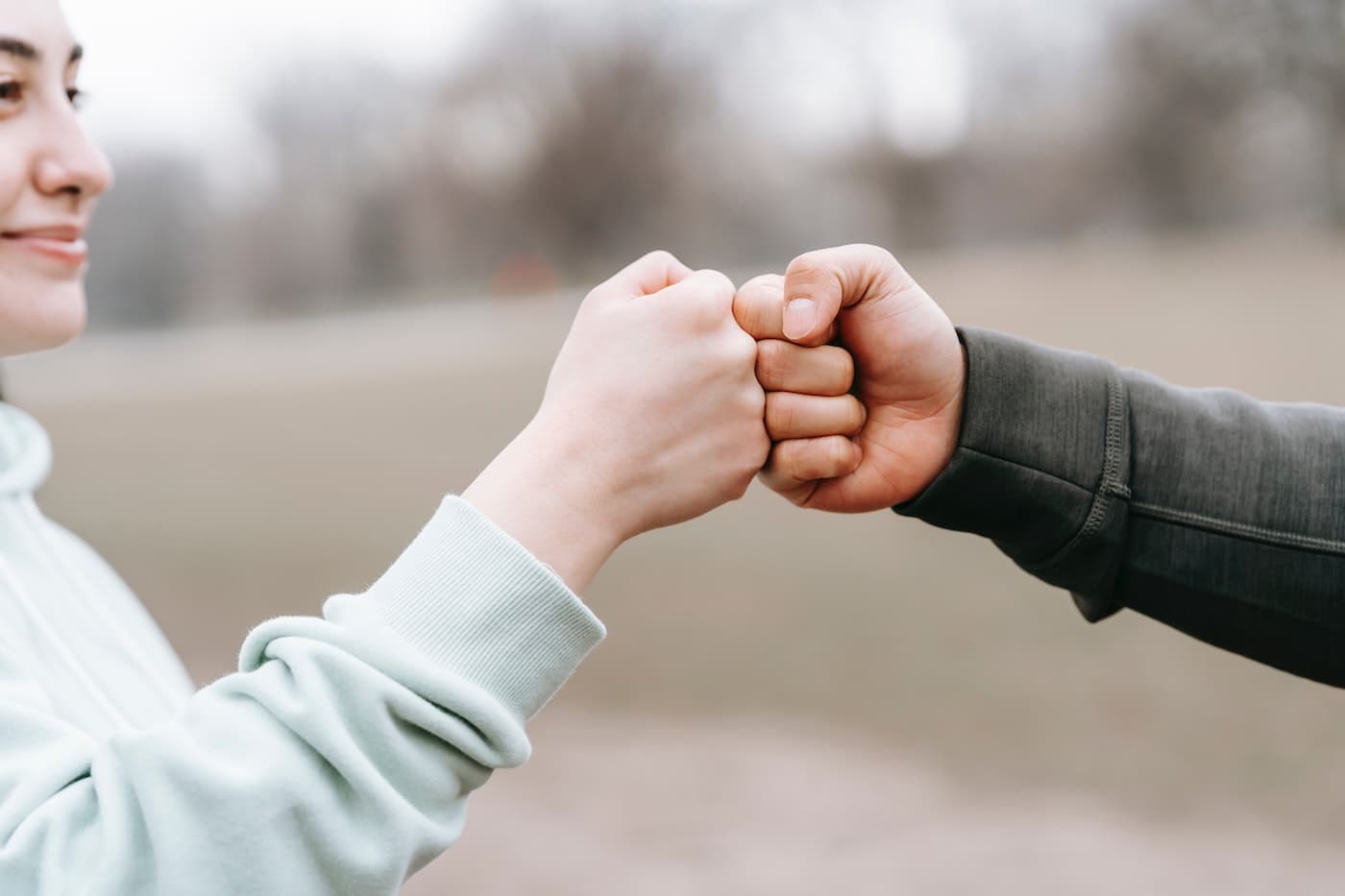Once the best sevens rugby players in the world, Ollie Phillips now runs Optimist Performance.
Here, he explains how people can lead a life of an “eternal optimist”.
“There’s a phrase I like to use when I talk with people when they are faced with a difficult or overwhelming moment.”
“It’s a bit of a mouthful but the saying goes like this: the opportunity of a lifetime only exists in the lifetime of the opportunity.”
“In my mind, it means that there is an opportunity to be gained from every scenario we face – good or bad, emphatic or heartbreaking.”
“And it invites us to find perspective in our life choices, not by attempting to shrug off our feelings of regret or sadness, but to welcome them with the same buzz and excitement as we would in the moments that we feel happy or content.”
“It’s perhaps easier said than done but it has been a mantra I’ve lived by, certainly throughout my career as a professional rugby player but especially since leaving the sport following a life-changing injury and coming to terms with the loss of a game that gave me so much purpose.”
“Whether it’s a personal or professional quandary we’re facing, it’s important to recognise that however much we feel like putting ourselves down, and letting our greatest fears overcome us, those feelings are perfectly normal and are in fact the fuel we need to move on to our next chapter.”
“This is something I like to call our “eternal optimist” – to take gratitude in everything that life throws our way and to appreciate there is no such thing as a perfect way of living.”
“This is something that I believe we all have inside us. Once unlocked, only then can we accept who we truly are.”
“It means seeing every moment in life – however euphoric or mundane – as an opportunity to learn more about ourselves and to be open to the possibility that events that are challenging, or force unwanted change, don’t have to be debilitating.”
“In fact, when we choose to embrace them, only then can we learn to trust that they will ultimately help us to grow.”
“When I reflect on my own journey, there were plenty of moments where I didn’t live by my own mantra and I would let the decisions I’ve made get me down.”
“For example, when my playing career came to an abrupt and premature end, and I missed out on a once-in-a-lifetime opportunity to captain Team GB at the Rio 2016 Olympics, I tried very hard not to feel sorry for myself.”
“While those feelings were real and the experience of stepping away from rugby hurt a great deal, I’m thankful looking back that I eventually took the decision to embrace my injury rather than obsess on my misfortune, though it took a lot of pain and mistakes along the way to get me to the place I am in now.”
“By no means was it easy and it took me a long time to accept what had happened. I must admit that I was lost when rugby was taken from me at the age of 29. I didn’t know which way I should turn.”
“I’ve always taken pride in my physical health, so I didn’t turn to alcohol of recreational drugs as some might.”
“However, I did fill the void left by rugby with other, less salubrious activities and went elsewhere in search of that feeling of success and acceptance I craved – especially in my love life – and led to several failed relationships.”
“I didn’t like the person I was becoming and it was during that period when I decided to seek therapy and was undoubtedly the best decision I’ve ever made.”
“Upon reflection, what was a challenging time eventually opened the door to new and exciting opportunities, including many extreme adventures over land and sea, including world records at the North Pole and on Mount Everest, and was the inspiration behind launching my own leadership & behavioural change business, which we aptly named Optimist Performance.”
“It’s about adopting a way of thinking that prevents you from creating a “victim mindset” and instead taking on what I like to call an “attitude of gratitude”.”
“It’s a mindset whereby, if you are grateful for the things in your life, you are more likely to wake up in the morning and be able to reinforce a positive attitude towards the day ahead.”
“Whatever motivates us, gratitude sets your day on a positive trajectory rather than worrying about what might go wrong.”
“We all have the capability to change the way we perceive our daily lives and, while continuing to apply ourselves in our pursuits, to relish the experience whatever the outcome.”

Ollie Phillips is the founder of Optimist Performance, a company specialising in performance coaching, leadership and behavioural change. www.optimistperformance.com
Follow Ollie on Twitter @OlliePhillips11
